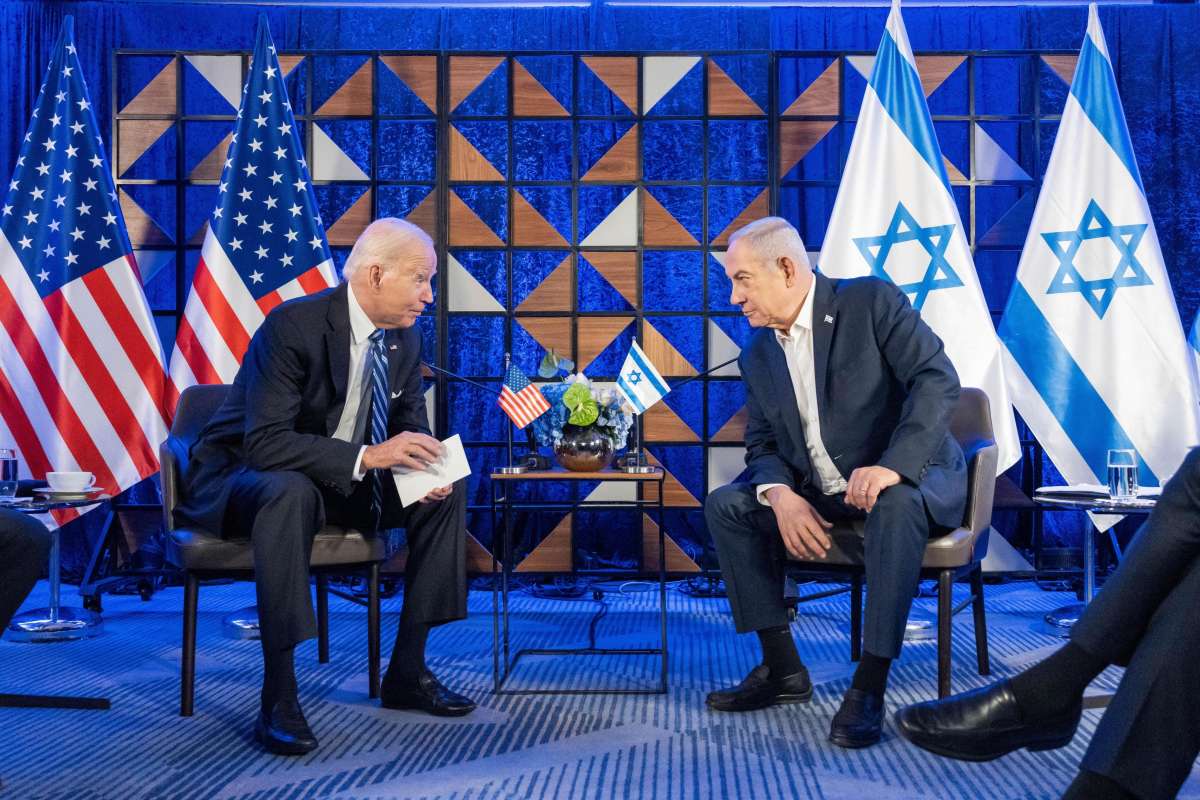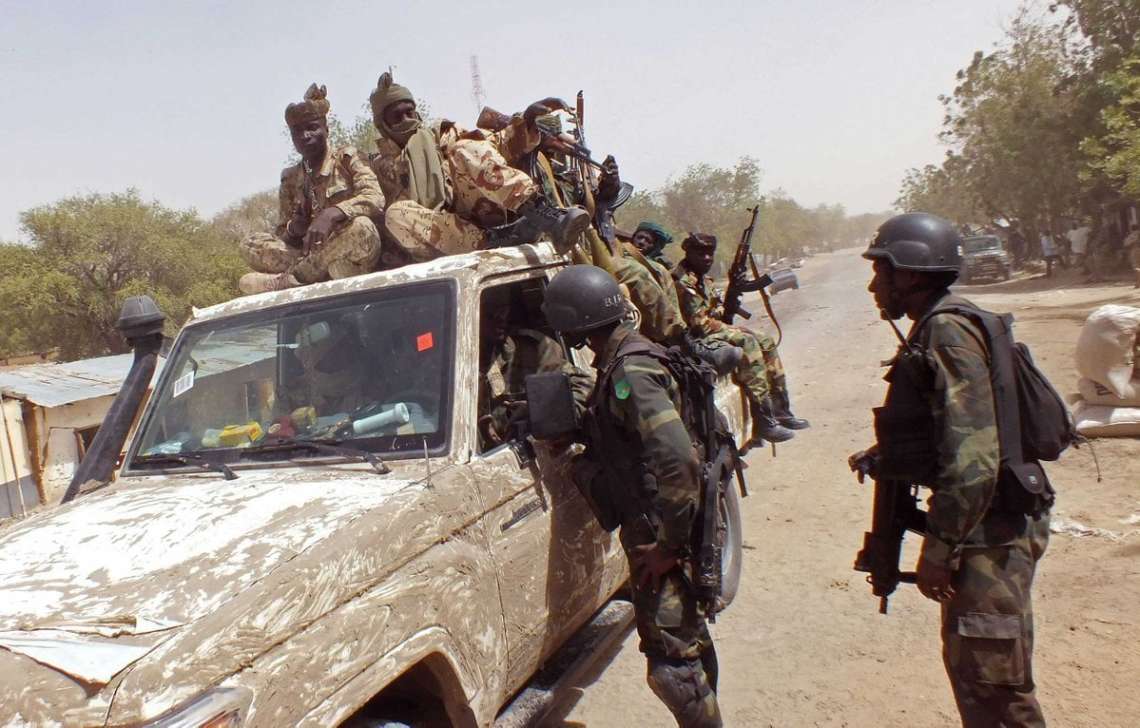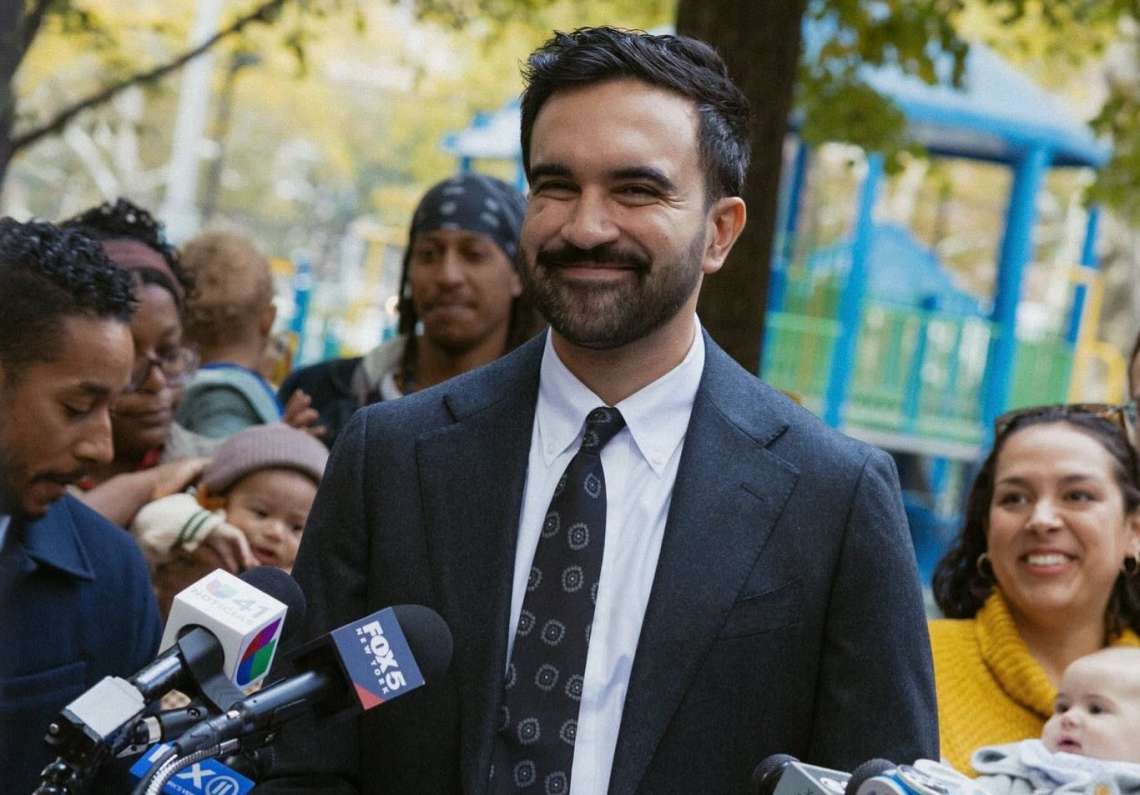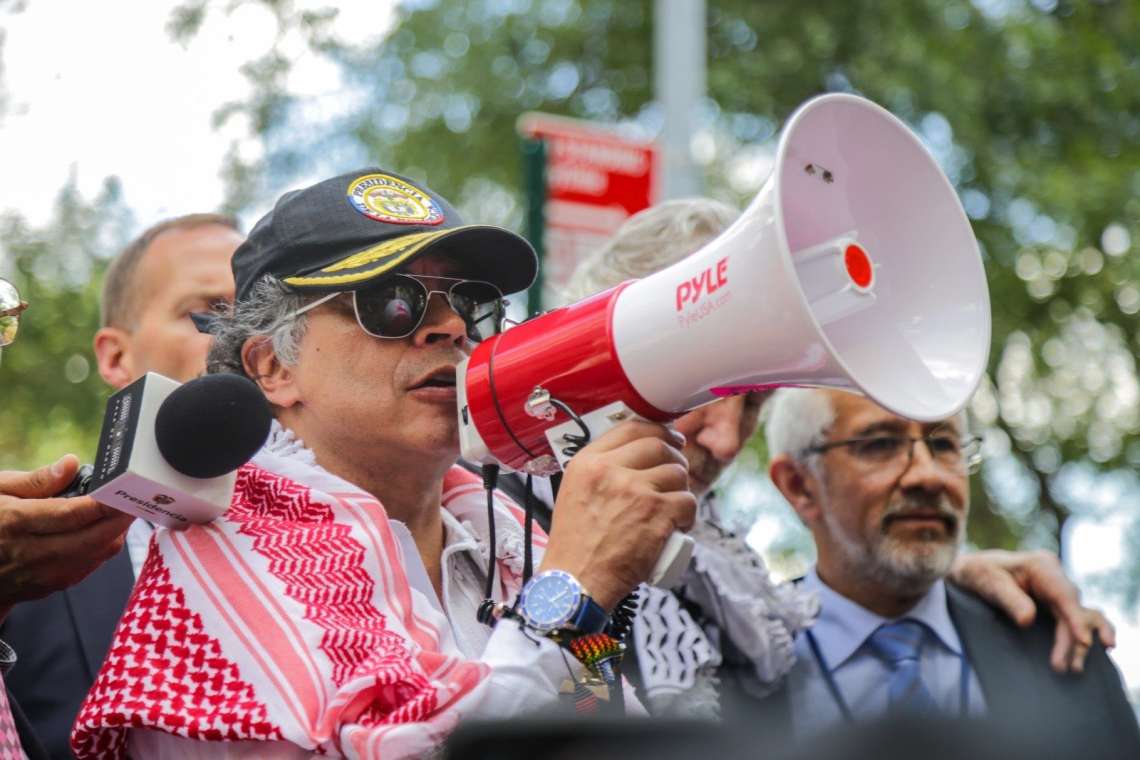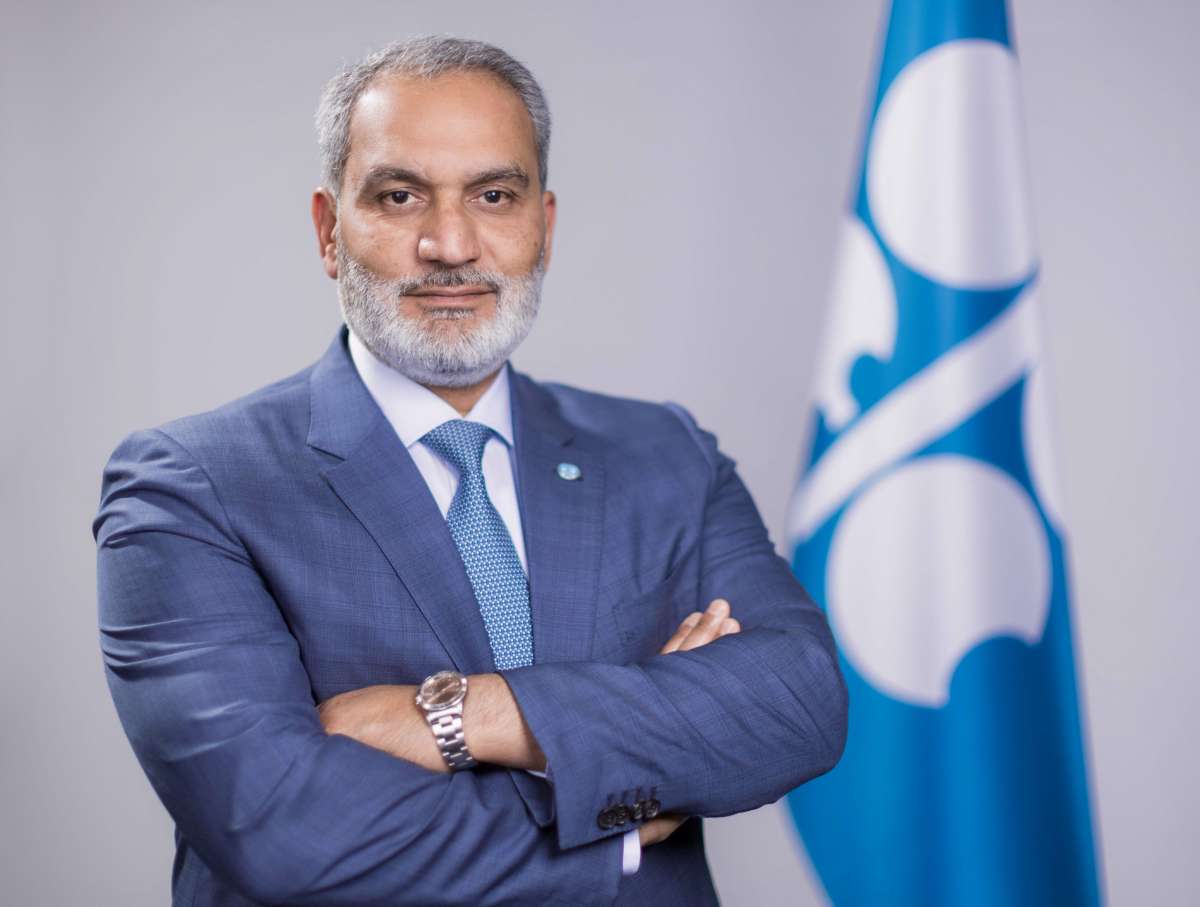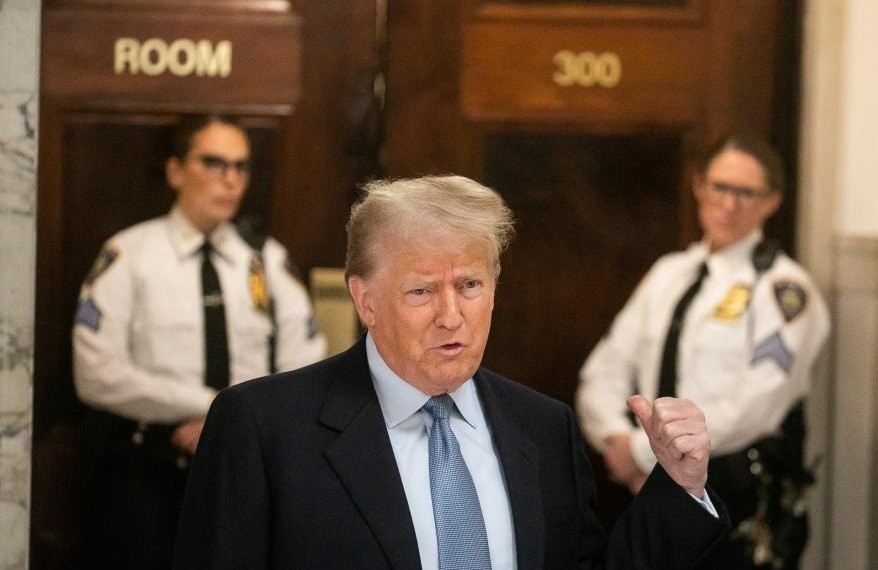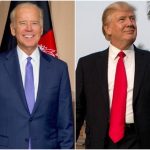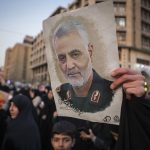Netanyahu accused the US of “retreating” from a “principled position” by allowing the vote to pass without conditioning the ceasefire on the release of hostages held by Hamas…reports Asian Lite News
The United Nations Security Council on Monday issued its first demand for a ceasefire in Gaza, with the US angering Israel by abstaining from the vote. Israel responded by canceling a visit to Washington by a high-level delegation in the strongest public clash between the allies since the war began.
Prime Minister Benjamin Netanyahu accused the US of “retreating” from a “principled position” by allowing the vote to pass without conditioning the ceasefire on the release of hostages held by Hamas.
White House national security spokesman John Kirby said the administration was “kind of perplexed” by Netanyahu’s decision. He said the Israelis were “choosing to create a perception of daylight here when they don’t need to do that.”
Kirby and the American ambassador to the UN said the US abstained because the resolution did not condemn Hamas. US officials chose to abstain rather than veto the proposal “because it does fairly reflect our view that a ceasefire and the release of hostages come together,” Kirby said.
The 15-member council voted 14-0 to approve the resolution, which also demanded the release of all hostages taken captive during Hamas’ Oct. 7 surprise attack in southern Israel. The chamber broke into loud applause after the vote.
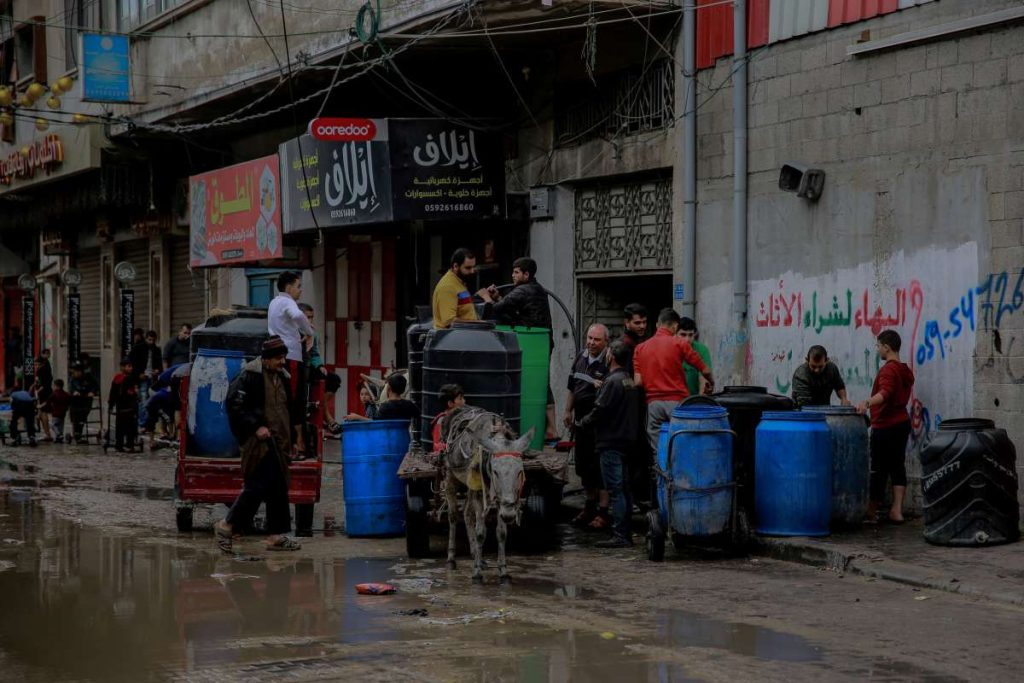
The US vetoed past Security Council ceasefire resolutions in large part because of the failure to tie them directly to the release of hostages, the failure to condemn Hamas’ attacks and the delicacy of ongoing negotiations. American officials have argued that the ceasefire and hostage releases are linked, while Russia, China and many other council members favored unconditional calls for a ceasefire.
The resolution approved Monday demands the release of hostages but does not make it a condition for the ceasefire for the month of Ramadan, which ends in April.
Hamas said it welcomed the UN’s move but said the ceasefire needs to be permanent.
“We confirm our readiness to engage in an immediate prisoner exchange process that leads to the release of prisoners on both sides,” the group said. For months, the militants have sought a deal that includes a complete end to the conflict.
The US decision to abstain comes at a time of growing tensions between President Joe Biden’s administration and Netanyahu over Israel’s prosecution of the war, the high number of civilian casualties and the limited amounts of humanitarian assistance reaching Gaza. The two countries have also clashed over Netanyahu’s rejection of a Palestinian state, Jewish settler violence against Palestinians in the occupied West Bank and the expansion of settlements there.
In addition, the well-known antagonism between Netanyahu and Biden — which dates from Biden’s tenure as vice president — deepened after Biden questioned Israel’s strategy in combating Hamas.
Then Senate Majority Leader Chuck Schumer, a Biden ally, suggested that Netanyahu was not operating in Israel’s best interests and called for Israel to hold new elections. Biden signaled his approval of Schumer’s remarks, prompting a rebuke from Netanyahu.
During its US visit, the Israeli delegation was to present White House officials with its plans for a possible ground invasion of Rafah, a city on the Egyptian border in southern Gaza where over 1 million Palestinian civilians have sought shelter from the war.
Last week, Netanyahu rebuffed a US request to halt the planned Rafah invasion — vowing during a visit by Secretary of State Antony Blinken to act alone if necessary. Blinken warned that Israel could soon face growing international isolation, while Vice President Kamala Harris said Israel could soon face unspecified consequences if it launches the ground assault.
The Security Council vote came after Russia and China vetoed a US-sponsored resolution Friday that would have supported “an immediate and sustained ceasefire” in the Israeli-Hamas conflict. That resolution featured a weakened link between a ceasefire and the release of hostages, leaving it open to interpretation, and no time limit.
The United States warned that the resolution approved Monday could hurt negotiations to halt the hostilities, raising the possibility of another veto, this time by the Americans. The talks involve the US, Egypt and Qatar.
Because Ramadan ends April 9, the ceasefire demand would last for just two weeks, though the draft says the pause in fighting should lead to “a sustainable ceasefire.”
The US ambassador to the UN, Linda Thomas-Greenfield, said the resolution “spoke out in support of the ongoing diplomatic efforts,” adding that negotiators were “getting closer” to a deal for a ceasefire with the release of all hostages, “but we’re not there yet.”
She urged the council and UN members across the world to “speak out and demand unequivocally that Hamas accepts the deal on the table.”
Thomas-Greenfield said the US abstained because “certain edits” the US requested were ignored, including a condemnation of Hamas.
The resolution, put forward by the 10 elected council members, was backed by Russia and China and the 22-nation Arab Group at the United Nations.
Under the United Nations Charter, Security Council resolutions are legally binding on its 193 member nations, though they are often flouted.
Algeria’s UN ambassador, Amar Bendjama, the Arab representative on the council, thanked the council for “finally” demanding a ceasefire.
“We look forward to the commitment and the compliance of the Israeli occupying power with this resolution, for them to put an end to the bloodbath without any conditions, to end the suffering of the Palestinian people,” he said.
ALSO READ: ‘Israel’s war undermining top UN court’


